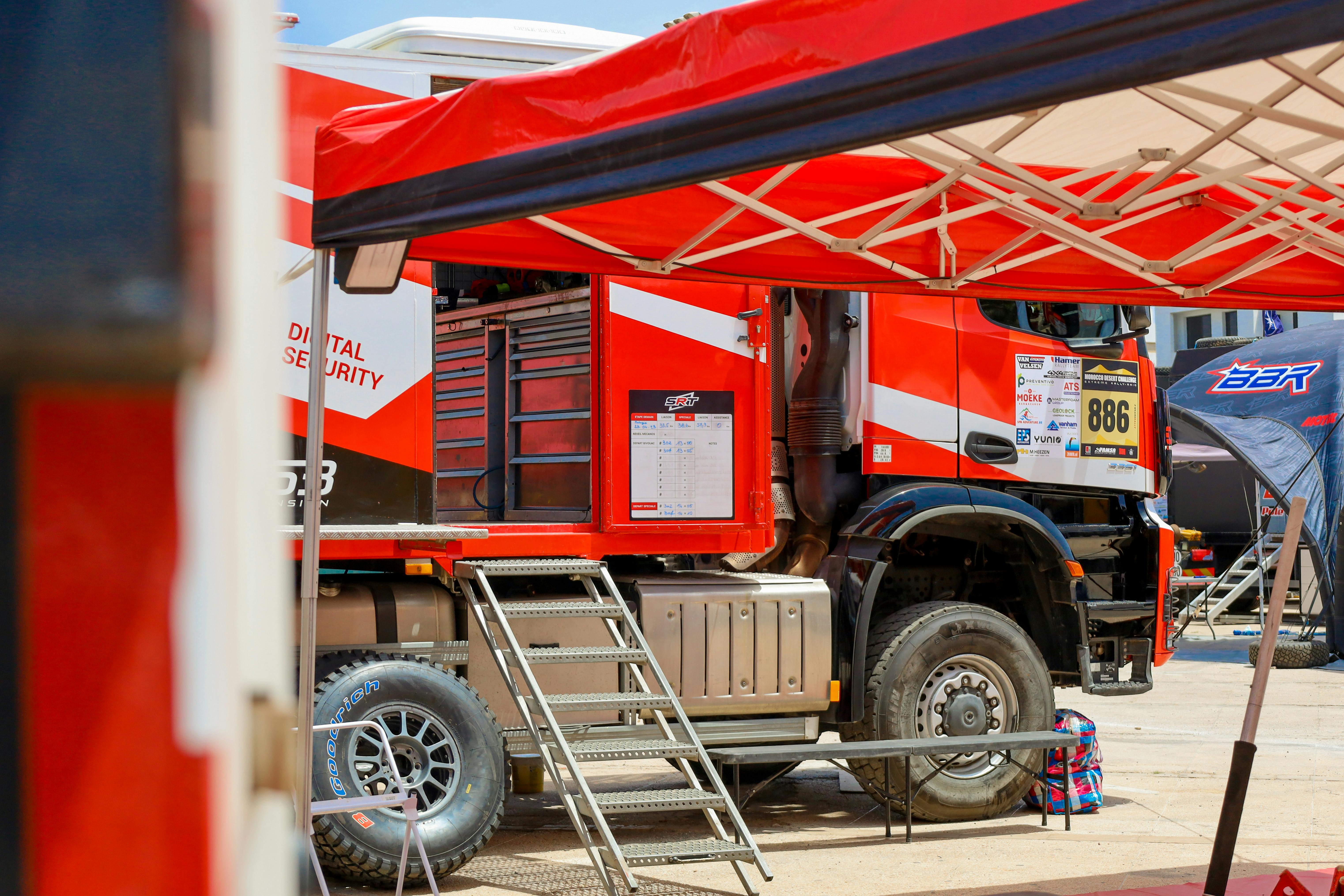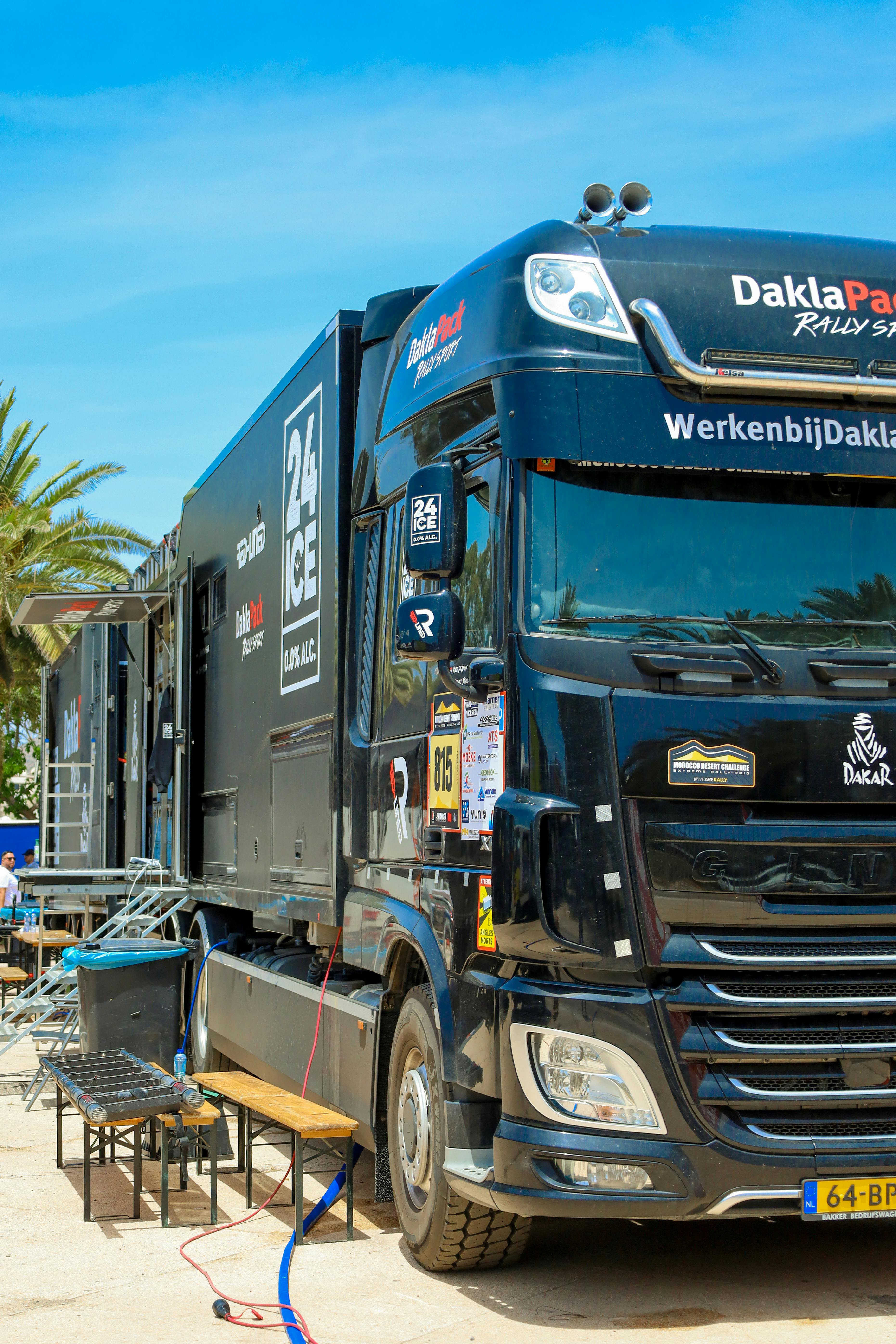In this article, we will explore how to wish someone a happy birthday in Papiamento, a language spoken in the Dutch Caribbean islands. Whether you’re planning to celebrate a friend’s special day or simply want to learn more about different languages, this guide will provide you with the knowledge to add a touch of Papiamento to your birthday greetings. So get ready to discover the unique phrases and cultural elements that make birthdays in Papiamento an unforgettable experience.
Introduction to Papiamento Language
Papiamento is a fascinating language spoken in the Caribbean, mainly in Aruba, Bonaire, and Curaçao. It is a unique blend of Portuguese, Spanish, Dutch, and West African languages, with influences from English and Arawak as well. This creole language developed over centuries due to the historical background of the islands, creating a rich and vibrant linguistic experience.
Brief History of Papiamento
The history of Papiamento can be traced back to the colonial era when the Dutch controlled the ABC islands. The Portuguese and Spanish were the dominant languages at the time. As the African slave trade flourished, West African languages also made their way into the mix. Papiamento evolved as a language of communication between the various ethnic groups, creating a linguistically diverse and culturally rich atmosphere.
Papiamento as Creole Language
Papiamento is considered a creole language, meaning it emerged as a result of contact between different languages and cultures. Creole languages often simplify grammar and vocabulary, making them accessible and adaptable. Papiamento is a prime example of this, with a simplified grammar structure that allows for easy learning and communication.
See Also: Happy Birthday In Serbian
Pronunciation and Basics
Papiamento Alphabet
The Papiamento alphabet consists of 28 letters, including the standard letters of the English alphabet, except for the letters Q, X, and Y. Papiamento also includes additional letters such as Ch, Eñe (Ñ), and Ui. The pronunciation of these letters may vary slightly from their counterparts in other languages, so it is essential to familiarize yourself with the Papiamento pronunciation guide.
Basic Phrases and Greetings in Papiamento
Learning basic phrases and greetings in Papiamento can go a long way in social interactions. Here are a few essential phrases to get you started:
- Bon dia – Good morning
- Bon tardi – Good afternoon
- Bon nochi – Good evening
- Mi nòmber ta [Your Name] – My name is [Your Name]
These simple greetings and phrases will help you navigate conversations and make a positive impression when interacting with Papiamento speakers.

Cultural Significance of Birthdays
Birthdays in Papiamento Culture
Birthdays hold significant cultural importance in Papiamento-speaking countries. They are a time for celebration, family gatherings, and expressing love and appreciation for the birthday individual. Papiamento culture places high value on strong family connections, making birthdays a time to come together and honor loved ones.
Traditions and Customs
Traditional Papiamento birthday celebrations often involve inviting extended family and close friends to join in the festivities. The birthday person is honored with a special meal and surrounded by love and well-wishes. They may receive gifts and cards, and it is common to sing the Happy Birthday song in Papiamento to mark the occasion.
Happy Birthday Song in Papiamento
Lyrics of the Song
The Happy Birthday song in Papiamento goes like this:
¡Felis dia na bida, Felis dia na bida, Felis dia pa bo, Felis dia na bida!
Translated into English, the lyrics mean:
Happy day of birth, Happy day of birth, Happy day to you, Happy day of birth!
Melody and Tune
The melody and tune of the Happy Birthday song in Papiamento are joyful and upbeat, reflecting the celebratory nature of the occasion. The song is usually sung with enthusiasm and gusto by everyone present, creating a festive atmosphere.

Ways to Say Happy Birthday in Papiamento
Formal Expressions
- Felis dia di nacemento – Happy birthday
- Pabien ku bo dia di nacemento – Congratulations on your birthday
These formal expressions are commonly used when addressing someone directly or in more formal settings.
Informal Expressions
- Hopi felis dia – A very happy day
- Felisids na bo biaha – Best wishes on your birthday
Informal expressions are often used among friends and family members to convey heartfelt greetings and well-wishes on birthdays.
Common Birthday Wishes and Phrases
Congratulations and Well Wishes
- Pabien ku bo dia – Congratulations on your day
- Pabien ku bo kumpli – Congratulations on your accomplishment
These phrases can be used to express congratulations and well wishes to the birthday person. They convey joy and celebration, adding to the festive atmosphere.
Expressing Love and Appreciation
- Mi ta deseá bo hopi miho ku bo dia di nacemento – I wish you all the best on your birthday
- Amor, bo ta e mihó regalo di tur – Love, you are the best gift of all
These phrases allow you to express your love and appreciation for the birthday person, making them feel special and cherished on their special day.

Birthday Party Vocabulary
Party Supplies and Decorations
- Tasma – Streamers
- Globunan – Balloons
- Mirit – Confetti
- Piaña – Piñata
These words refer to common party supplies and decorations used in Papiamento-speaking countries. They add to the festive ambiance and create a joyful atmosphere.
Food and Drinks
- Kos – Food
- Gebak – Cake
- Trago – Drink
- Hugel – Toast
Food and drinks play a central role in Papiamento birthday celebrations. Delicious meals, extravagant cakes, and refreshing beverages are enjoyed by all, contributing to the joyous festivities.
Celebrating Birthdays in Papiamento-Speaking Countries
Traditional Customs and Rituals
In addition to singing the Happy Birthday song in Papiamento, traditional Papiamento-speaking countries have their unique customs and rituals. It is common to have a “balobra” or birthday party, which often involves local music, dancing, and traditional food. Family and friends come together to celebrate, creating a sense of community and togetherness.
See Also: Happy Birthday In Burmese
Birthday Traditions with a Modern Twist
As Papiamento-speaking countries embrace modernization and global influences, some birthday celebrations have incorporated new trends and customs. This might include themed parties, surprise celebrations, or even destination birthdays. However, at the heart of these celebrations, the importance of family, love, and togetherness remain key elements.
See Also: Happy Birthday In Latvian
Conclusion
Learning how to say Happy Birthday in Papiamento and understanding the cultural significance behind birthdays in Papiamento-speaking countries can not only enhance your language skills but also broaden your cultural perspective. Birthdays are not just about cakes and presents; they are an opportunity to celebrate life and show our appreciation for the people we love. So, next time you have the chance to celebrate a birthday with Papiamento speakers, remember these phrases and traditions to make it an even more memorable occasion. Felis dia di nacemento! Happy birthday!




